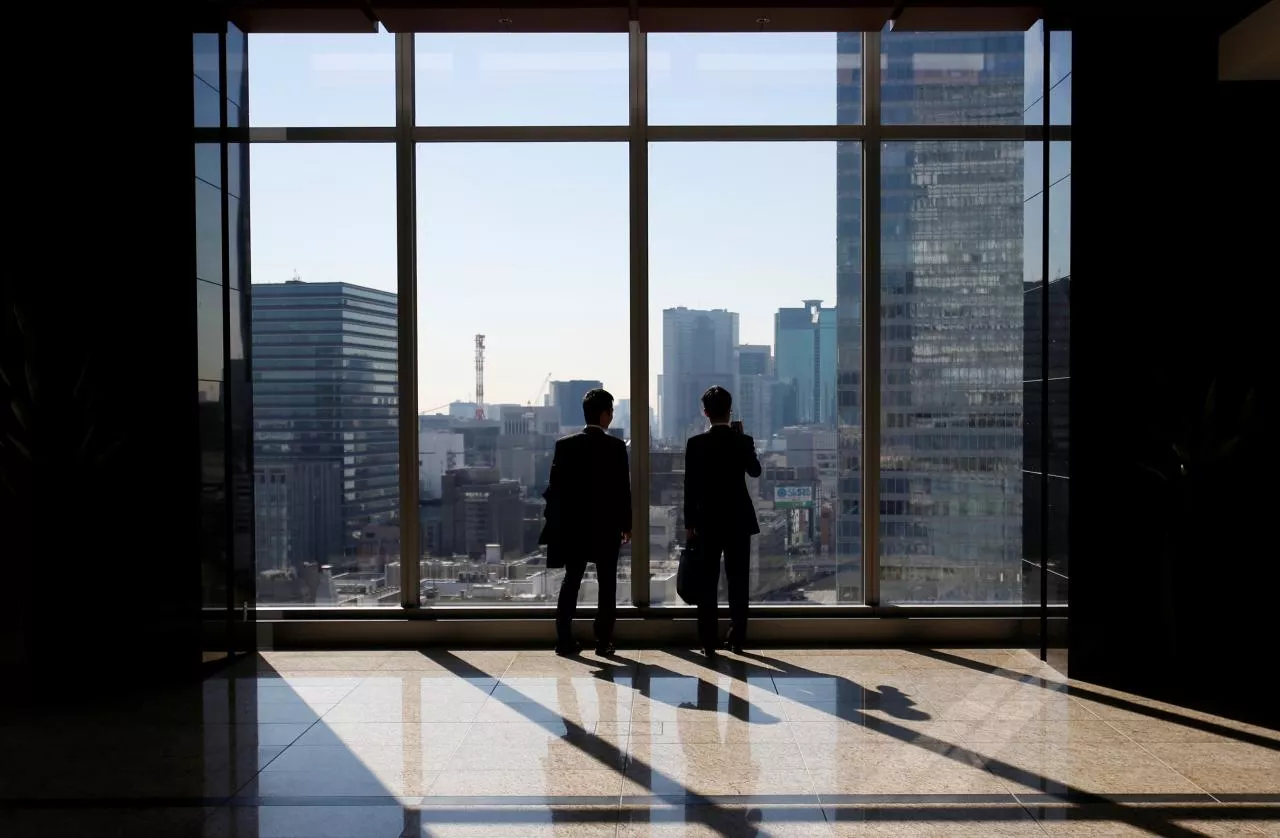Covid-19 could trigger global economic slide
Call for strengthening cooperation to spring back quickly after the crisis
ISLAMABAD: With the novel coronavirus (Covid-19) pandemic bringing the entire global economy to a halt, it could trigger the world to slide into a recession which could prove to be more severe than the 2008 meltdown. To tackle the post-Covid-19 recessionary period, experts on Sunday urged multilateral institutions to strengthen cooperation between them while helping the developing countries effectively prepare to help prevent the spread of the pandemic.They said this during an online policy dialogue on “Role and Future of Multilateral Institutes”. The dialogue had been organised by the Sustainable Development Policy Institute (SDPI). Commonwealth Secretariat Assistant Secretary-General Nabeel Goheer said that the pandemic was a common challenge for the world as it was hitting us hard without any discrimination.
To overcome this challenge, he said that multilateral institutions need to come forward and fight this pandemic through a collective and collaborative response.
Following the announcement of a $5 trillion package by the G-20 countries and $160 billion from the World Bank had spurred multilateral institutions to respond.
“In this time of crisis, governments and multilateral institutions should ensure comprehensive cooperation,” he added.
Apart from providing support to the World Health Organisation (WHO) in data-sharing, advisory and technical assistance to commonwealth nations, Goheer said that they were working on innovative solutions such as low-cost ventilators, for greater social impact.
The most affected from the crisis, he said, were developing countries who are suffering from an economic and social crisis since global stock and supply chains have wreaked havoc.
SDPI Executive Director Dr Abid Qaiyum Suleri said that irrespective of their development status, no country can afford a permanent or indefinite lockdown.
“This is the time when multilateralism has become extremely important,” he said, adding that this new normal is forcing countries to shut down borders.
“Unless we have a solution to this problem, we need to bring back the spirit of multilateralism to overcome this Covid-19 pandemic,” Dr Suleri said. He urged multilateral institutions such as the G-20, the IMF, World Bank etc., to support other countries.
Foreign Office UN Desk Additional Secretary Farrukh Iqbal Khan said that the world has no option but to enhance its multilateral cooperation to combat the Covid-19 challenge.
Amidst the anxiety, trust deficit and divisions in the international community, Farrukh said that the world needs to understand the rules of the game are changing.
New actors and new institutions are coming into play, such as the Belt and Road Initiative (BRI) led by China, and the system is in transition, he said, with Pakistan also contributing to this new institutional framework.
Shanghai University of International Business and Economics (SUIBE) Centre for South Asia and Indian Ocean Studies Director Guo Xuetang urged the world to show solidarity amidst the Covid-19 crisis and find new ways to achieve international cooperation to help developing countries like Pakistan.
Noting that China is still a strong supporter of globalization and multilateralism, the negative sentiments and accusation made by the international community against China over the spread of Covid-19 were highly regrettable, Guo said.
He warned that the accusations and propaganda against China will negatively impact international cooperation and multilateralism.
Published in The Express Tribune, April 13th, 2020.


COMMENTS
Comments are moderated and generally will be posted if they are on-topic and not abusive.
For more information, please see our Comments FAQ